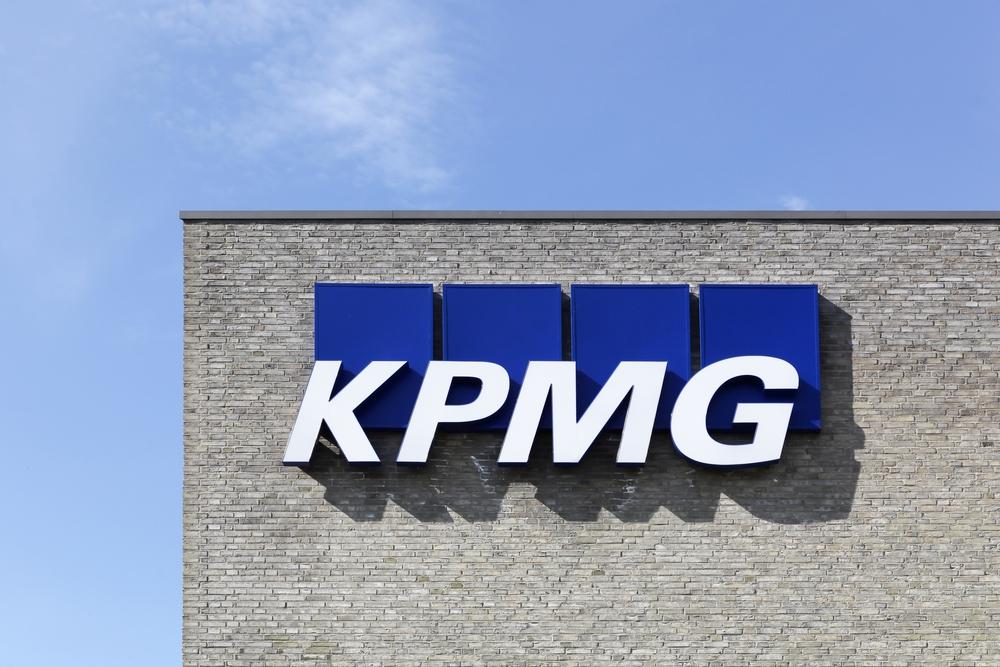
A new report from KPMG has warned the UK’s economy will slow if no Brexit deal is prepared.
According to the consultancy, the growth rate in Britain will slow to 1.3 percent following a fall in business investment and consumer spending.
“If productivity growth remains at around one percent then, as a basic rule of thumb, we would expect wages to rise by around three percent on average,” KPMG said.
“Interest rates are likely be cut to at least 0.25 percent if negotiations are not successful, with additional measures to be announced by the [Bank of England] to ease any significant pressure on the banking sector,” said the report.
Yael Selfin, the chief economist at KPMG UK, said: “If negotiations between the EU and UK result in a relatively friction-free agreement, then growth is likely to remain around 1.4 percent in the medium term as a result of relatively weak productivity.”
“If we see a disorderly Brexit, growth will obviously slow more dramatically. If negotiations end well, the MPC are likely to raise interest rates to one percent at the tail end of 2019. If no deal is reached, the MPC will need to use interest rates to soften the economic impact,” she added.
Regarding the housing market, the group predicted a slowing from 4.5 percent last year to 2.6 percent this year. The trend is predicted to continue with a slowdown to two percent next year and 1.6 per cent in the year 2020.
“High price levels, uncertainty around the future economic outlook and rising interest rates are expected to take their toll in London and the south-east especially. House prices in the capital are expected to drop by 0.7 percent in 2019,” it said.
“In regions with lower pressures on valuations, such as Scotland, there is expected to be growth of 4.9 percent in 2018,” it added.
Workers are also facing increased pressure amid Brexit uncertainty as wages are failing to grow with inflation.
